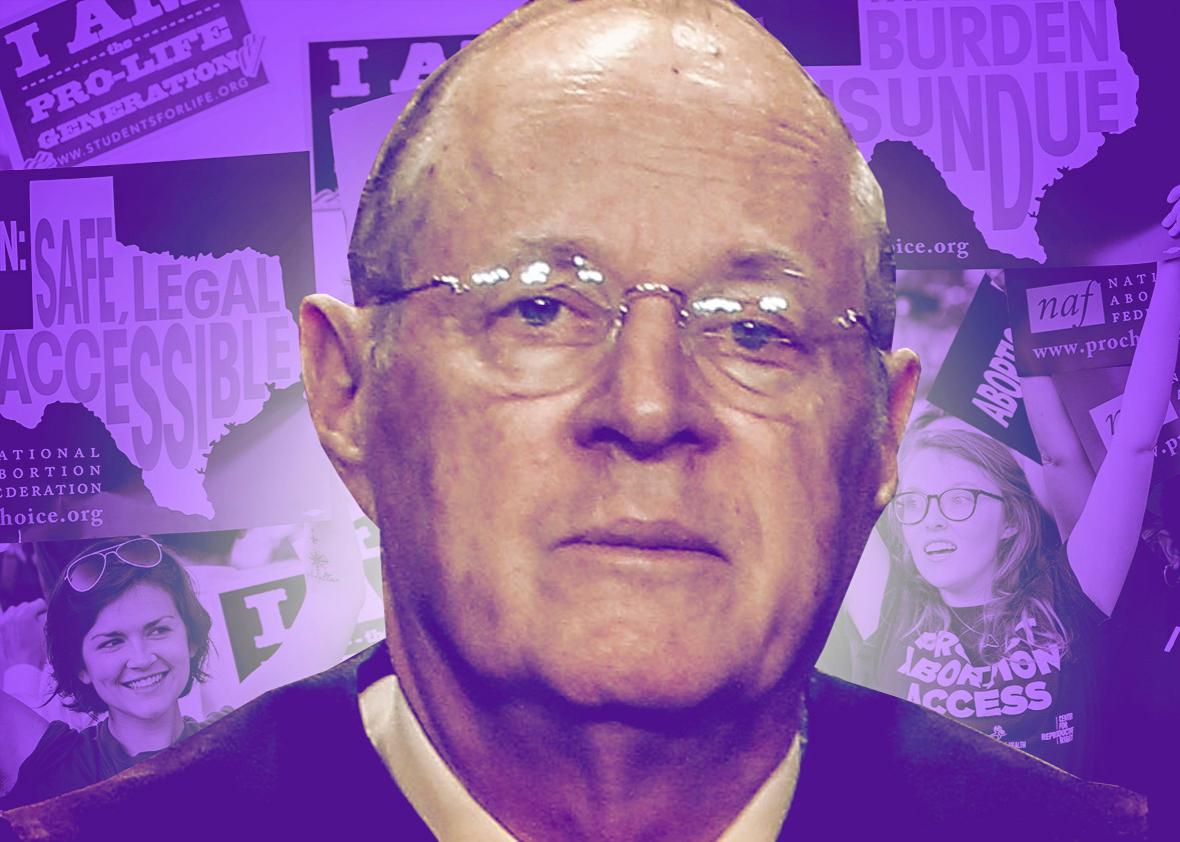Monday’s decision striking down two Texas abortion restrictions is of critical importance to women’s health all over the country. Of secondary importance, but worthy of note, is that the integrity of the Supreme Court as an institution was also at stake. The Texas law was a sham, pure and simple. Surely no one believed that it was either designed or would have the effect of promoting women’s health.
Let’s be clear about one thing: Texas did not argue that its law was intended to advance an interest in evolving potential life. The only justification offered was the advancement of women’s health. Had the court sustained this law on that basis, in the face of evidence that the stated justifications were utterly pretextual, the credibility of the court would have suffered badly.
There are 5.4 million women of reproductive age in Texas. The law in question would have decreased the number of abortion clinics by half and likely dropped the number of clinics to 10 or fewer. As we argued in the amicus brief for social science researchers, cited by Justice Ruth Bader Ginsburg in her concurring opinion, the evidence on reproductive health compiled over the past decade overwhelmingly demonstrates the harm to women from restrictions on access to abortion. The brief for American College of Obstetricians and Gynecologists, joined by the American Medical Association and other leading health organizations, also cited by Ginsburg, made the case that the Texas provisions in particular would be harmful, not helpful, to women. The combined weight of these major medical institutions may well have been influential with Justice Anthony Kennedy, who had not voted to strike down an abortion restriction since Planned Parenthood v. Casey.
In a while I will write more about the opinions of the three dissenting justices—the chief justice, Justice Clarence Thomas, and Justice Samuel Alito—who would have nonetheless upheld this law.
